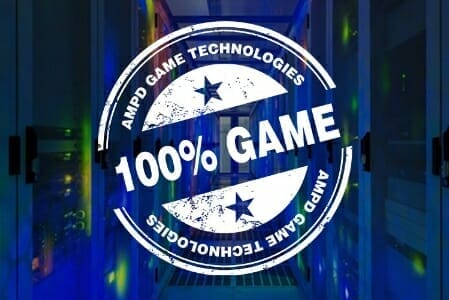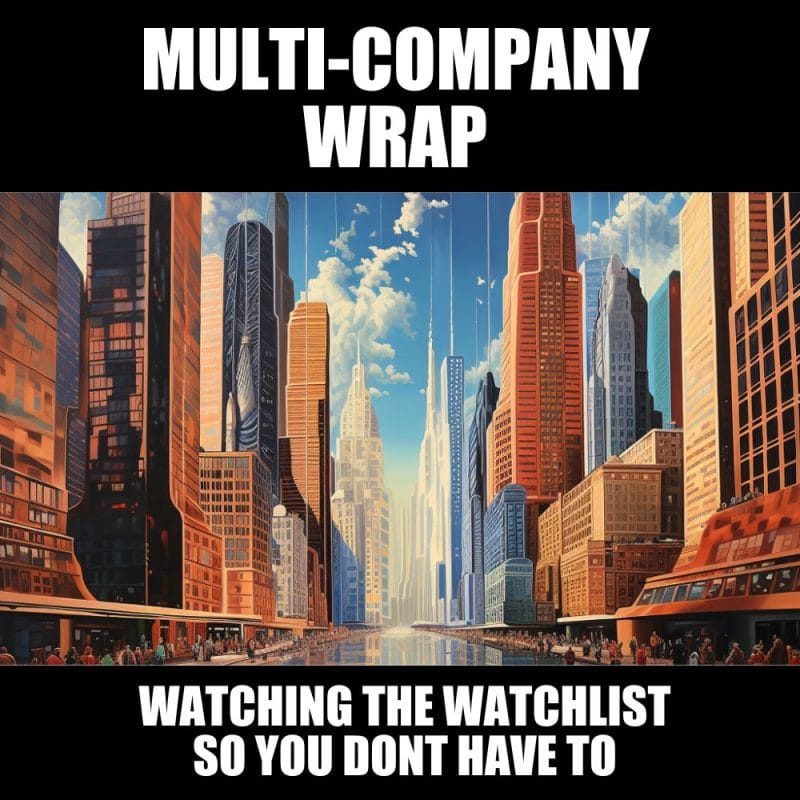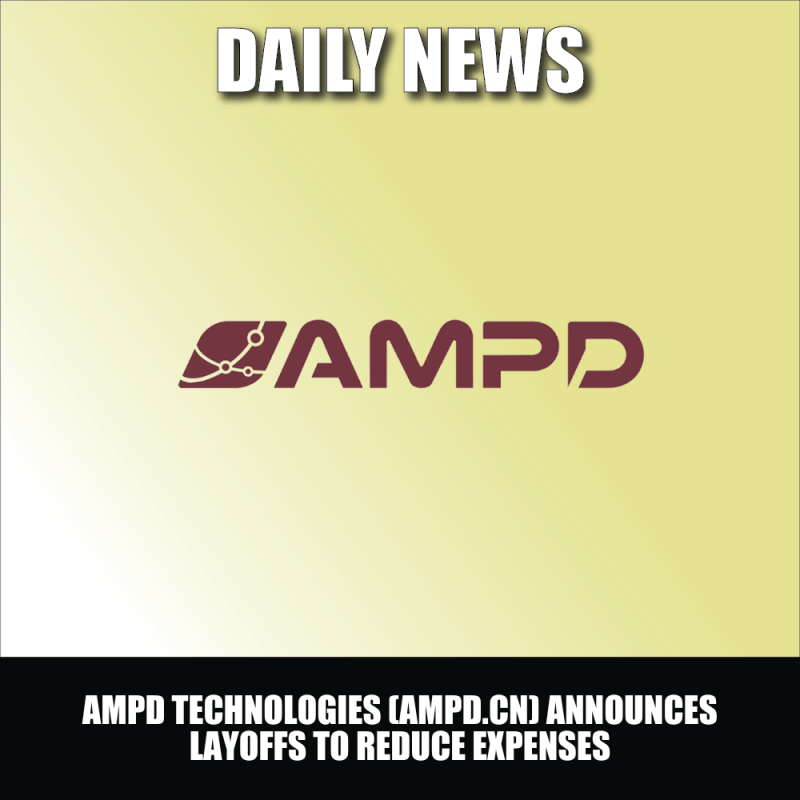If you’ve been reading this site for a long time, you’ll have heard us mention AMPD Technologies before. This is a company I’ve been a part of, in an informal advisory nature, for nearly two years, having met one of the founders at a Dungeons and Dragons game way back, and realizing his company would be a monster once the e-sports investment movement took hold.
AMPD is a tech infrastructure company. Think of it as Amazon Web Services/Microsoft Azure, for the premium corporate crowd.
AMPD runs data centres, but rather than the usual AWS ‘one size fits all’ deal that is software switched and high latency and the usual for modern day cloud computing (also the reason why half your video games lag), AMPD instead runs high performance cloud computing, which is the stuff you want for video rendering, AI, heavy data processing, virtual reality, video game hosting, etc etc.
Did anyone actually do that?
No. Because a real render client – a Sony or a Dreamworks or a Disney – won’t deal with people they don’t already know, using servers not set up for their needs. They have very specific computational needs that go beyond what a rack of worn-out GPUs can handle, they require the ability to use their existing tools and staff on a server set up for those needs, and they don’t want to rely on local internet bandwidth for upload/download.
[contextly_sidebar id=”OkF0dUsROZKMPemqSRIWtWFbeYDnYBPp”]Remember when the crypto mine deals all fell over and said, “We’re going to shift our hashpower to video rendering”? For the most part, they have to, because Amazon and Microsoft make a fortune with the simple set-up. They’ve no incentive to rework their entire business model to suit the needs of a mid-level animation studio or a Korean battle royal video game release.
But there’s enough of that stuff going around, and paying fat money for substandard services, that AMPD can eat steak on it all.
As an example, AMPD has a couple of clients that are major aircraft manufacturers. They want to build a new factory, but want to ensure the factory will be the most streamlined, energy efficient, profitable operation possible.
So they’re placing sensors on all their existing equipment to measure heat, energy use, productivity, workflow, etc etc in the present day. The data being brought in from those sensors is immense – we’re talking not gigabytes of info, and not terabytes of info, but petabytes. To upload it to Azure would take, by their calculation, several years, and that’s before you even get to use AI to analyze it and plan what that new factory will look like.
AMPD, on the other hand, will build a server farm across the street, run dark fibre to it, making that data consumption live, rather than set to a two year delay, and allocate permanent capacity to those companies, not rented capacity that they can be booted from if a higher paying client comes along.
And every time AMPD builds one of these facilities, their network grows. They’ve built one off Granville Island in Vancouver as a pilot facility, and it has been fully booked out before construction has even finished.
That’s the AMPD plan. Not ‘raise $50m and build one in every city’ but to build them as they sell them, and let that network evolve.
And how badly are these facilities needed? Their clients are OKAY WITH WAITING FOR THEM TO BE BUILT.
Here’s the video pitch, from Cambridge House last year:
Lower cost, higher performance, built to suit, bespoke data devoted to the clients needs, solid margins, exponential growth potential.
And the valuation on all this, as they’re about to go public?
$12 million.
12 fucking million.
If Ninja took a dump in a mason jar and went public with a plan to sell his DNA to fans, someone on Howe Street would find an e-sports shell for it and slap a $20m valuation on top.
If Francesco Aquelini decided to copy Twitch, make it purple, and call it “Qwitch”, instant $65m valuation.
If I rebooted Leisure Suit Larry in the Land of the Lounge Lizards for mobile devices and put the deal it into $LARY, I could probably raise $25m on the back of it and get a $45m valuation.
These guys have gone the other way.
Tight structure. Low valuation. Mgmt with heavy ownership but tied down for a lengthy period. The shell owners agreeing to also hold their stock for an extended hold. And the go-public raise, in a hot e-sports sector, is just $4 million, a million of which has been reserved for the little guys.
I’m not going to lie – I’ve had a big influence on how this deal came about and how it’s been put together to ensure nobody gets soaked. Everyone is in it together; founders/management, shell owners, early investors, and retail investors. The ambition here is for everyone to make money, not just those who brought it to market or those who were in early enough, but the whole damn market.
This is an early stage deal put together to show such things can be created in a way where everyone wins, rather than just the early guys. This has been the plan for a year and I hope it’ll serve as a blueprint going forward for the way things should be for other companies.
All the paperwork is on the Stockhouse Deal Room website. If you’re accredited, and you have a hankering, go there and read through all the docs for yourself. The pitch is fantastic.
In my opinion, this will be the first real e-sports deal out there with actual revenues, actual big name partners, and a valuation that doesn’t give you vertigo. Proud to have helped it be a thing.
Listen in on the latest podcast I did with Anthony Brown, Ampd CEO, it explains a lot.
Full disclosure: AMPD Technologies is a not an Equity.Guru marketing client, but there is a reasonable expectation that might change at a future date. The author has bought stock in a previous financing and has been allocated shares in the holding company in thanks for guidance over the last several years, but no current deal between the author, the holding company, or the shell currently exists.
This article is intended to provide information for readers about a deal we believe is strong, but any decision you make to buy in should be discussed with a financial advisor or your broker.







